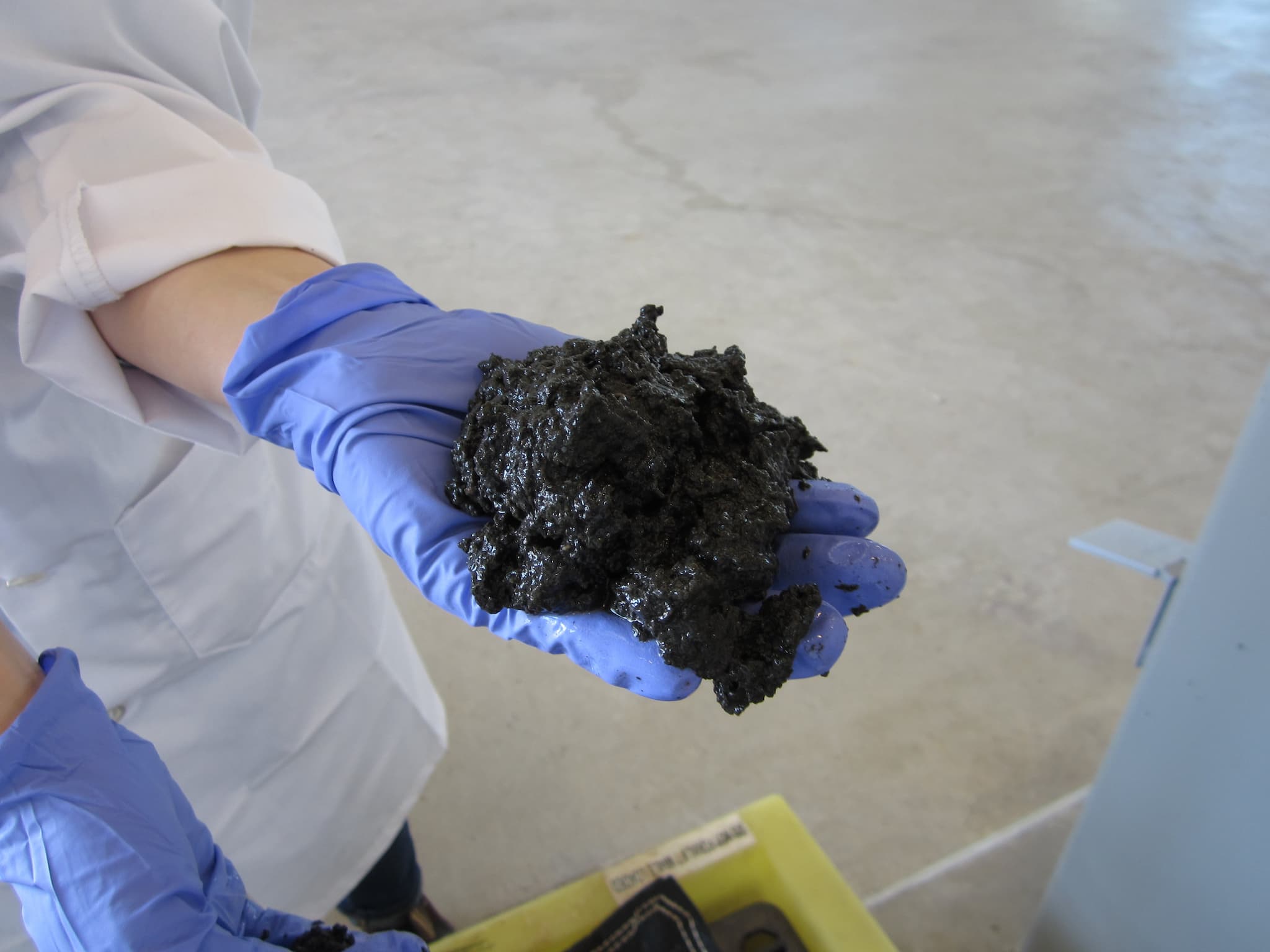Oil From Waste
Producing power from waste is a two-birds, one-stone scenario — not only can we eliminate a problem, we can do so while gaining something beneficial — so plenty of research is being done to find the most efficient way to make it happen. Some plants burn trash and other wastes to create heat energy. Landfills can be a source of methane gas, which is used in many electrical plants worldwide, and now scientists have found a new source of fuel right in our bathrooms.
Researchers from the Department of Energy's Pacific Northwest National Laboratory (PNNL) have found a way to turn sewage into biocrude oil using hydrothermal liquefaction, a process that mimics the Earth's way of producing oil naturally. Applying a combination of high pressure and high temperatures to the sewage turns it into a material similar to the crude oil that we get from the ground. This manmade oil can then be refined into petroleum fuels such as gasoline, jet fuel, and diesel.
Corinne Drennan, a bioenergy technologies researcher at PNNL marvels at how simple the process is. "The reactor is literally a hot, pressurized tube," says Drennan. "We've really accelerated hydrothermal conversion technology over the last six years to create a continuous and scalable process which allows the use of wet wastes like sewage sludge."
Less Waste, More Energy
The technology from PNNL could be an ideal way for us to deal with some of the waste we produce. They estimate that a single person could produce around two to three gallons of biocrude per year and that the 34 billion gallons of sewage treated by the U.S. every day could be transformed into more than 30 million barrels of oil per year. The system could also be used to refine other wet organic matter like agricultural wastes, further decreasing the amount of waste we put into the world.
This system could help save local governments a significant amount of money by eliminating the need for sewage residuals processing, transport, and disposal. Utah-based Genifuel Corporation has already licensed the technology with plans to build a demonstration plant that will help its partners achieve their sustainability goal of a wastewater operation with "zero net energy, zero odors, and zero residuals." That's a goal we'd be happy to see achieved worldwide.
Share This Article
